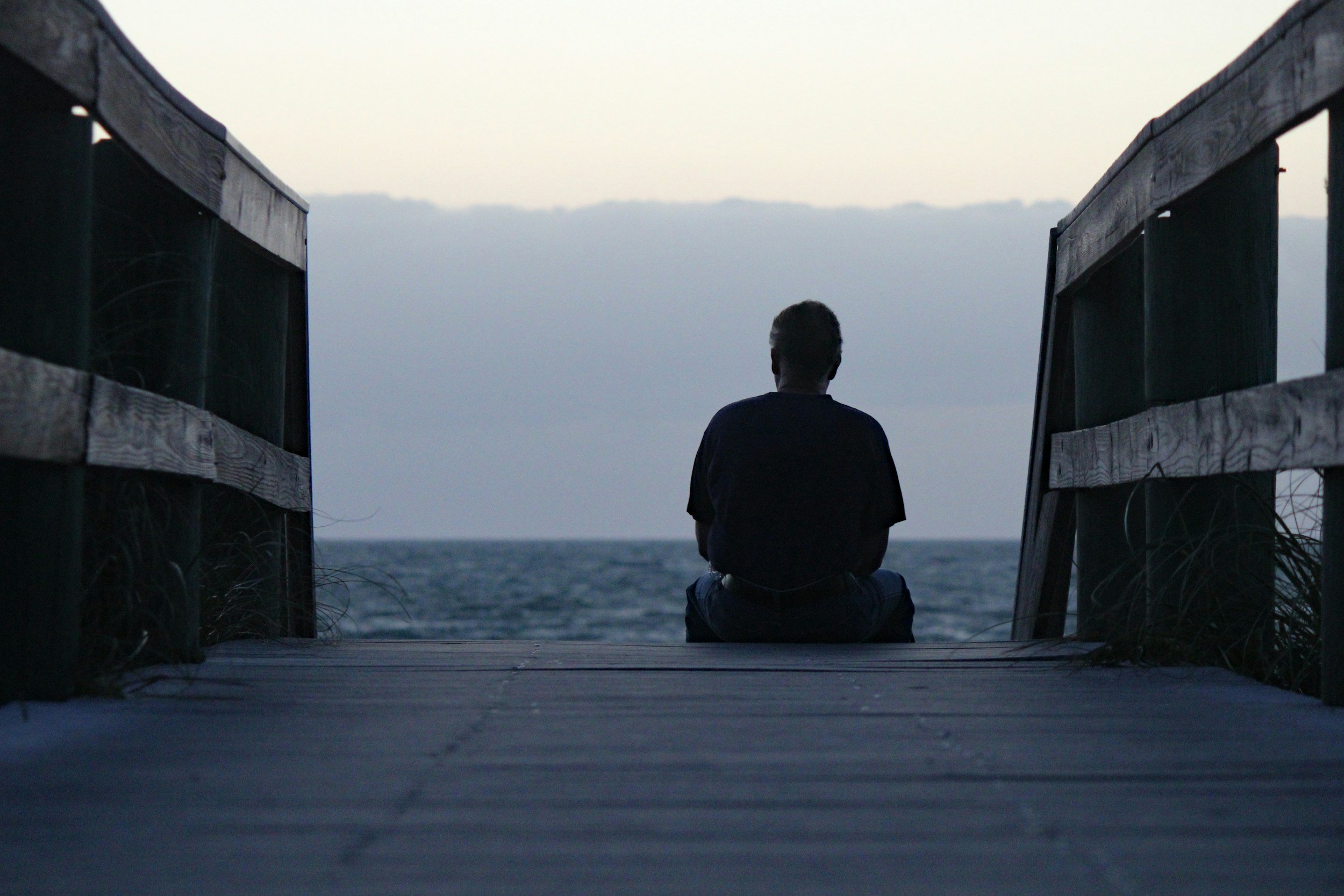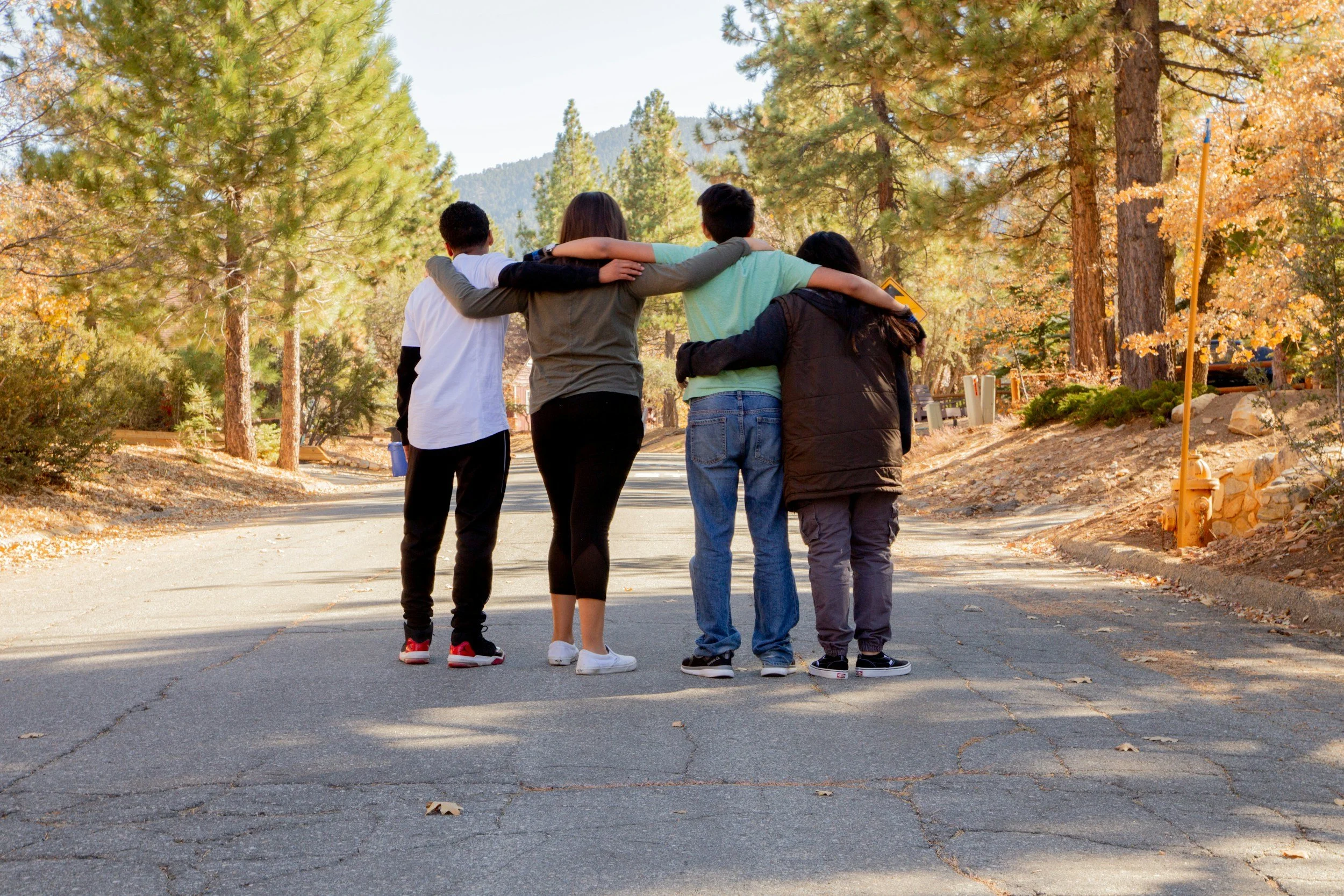
FAQs: Am I OK?
Concerned about your own sexual feelings, thoughts, behaviors, and experiences
As a teen or even as a young adult, it is normal to be sexually curious and to want to explore - both alone and with a partner, like a boyfriend or girlfriend. Sex can also take many different forms, so start first with knowing yourself, what you like and want. Also, are you able to talk about what you like and don't like? This is critical before exploring anything with someone else. Everyone has different likes and dislikes, and communication helps you know where other people’s boundaries are, including your own.
Sometimes we can find ourselves turned on or aroused - by things that surprise us or that we think should not be something that is arousing. An example of this could be having a physical response, such as an erection or vaginal lubrication, when thinking about another person when we don’t even like that person, or maybe that person is too young...or maybe even they are a close relative. We cannot always control our feelings and thoughts - or even how our body reacts. If these “feelings of arousal” are bringing up difficult feelings, are happening all the time, or start to interfere with feeling “OK” or with other daily activities, it is perfectly OK to ask for help with them. The important thing is to know that just having these thoughts and feelings does not make someone a bad or scary person.
Sexual behavior becomes abusive when it is harmful to yourself or others, when it happens without the consent of everyone involved, or involves threats, manipulation, or force. Abusive behavior can take many forms. It can include being violent or aggressive, making threats, controlling someone's behavior, putting them down, verbally abusing them, and putting pressure on someone to have sex or do things they don't feel comfortable with, including when they are not old enough to consent to sexual behaviors.
Additionally, sexual behaviors between an older youth or adult, and a younger child or another youth who has developmental and/or cognitive differences is also considered problematic and harmful. Sexually harmful or abusive behavior can, and often does, result in serious and long-term emotional, mental, physical and sexual harm of the other person or people involved.
Asking questions about your own sexual interests and behaviors is a good thing! And asking these questions is not always easy. You've taken that first difficult step just by reading this. Asking questions is great! It means that you are willing to be responsible and accountable for your sexual behavior. While people are in relationships and have sex for a lot of reasons, neither should ever be abusive.
It’s OK to ask questions. Here are the most common ones we hear:
Like with so many things, defining a “problem” is really personal. So the best way to determine whether something is a problem for you is to ask yourself a few questions. Here’s how we help people navigate this issue.
If you are concerned about your sexual thoughts and behaviors towards significantly younger children, we encourage you to answer these questions honestly.
It is way easier to try to move on and ignore it. But that isn’t the way to making sure it doesn’t happen again. And actually, ignoring something can make it worse later on as I’m sure many of you know.

























